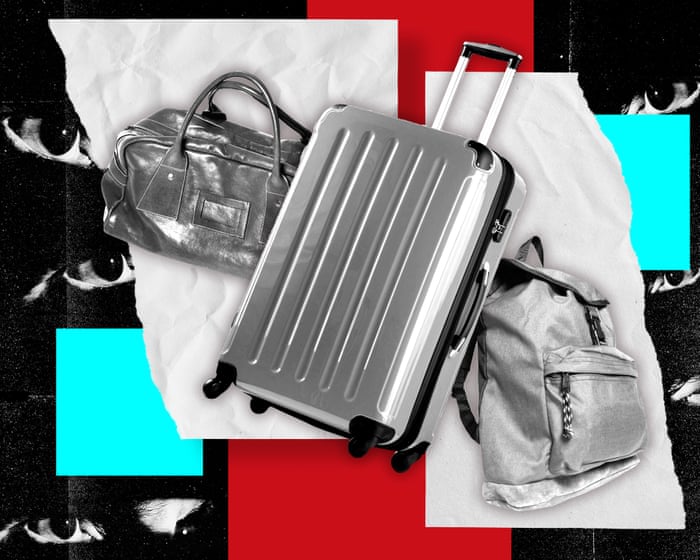What to Do When Your Luggage Goes Missing
Few things ruin a trip faster than arriving at your destination only to find your luggage didn’t make it. Whether it’s a mix-up during a transfer or an opportunistic thief at baggage claim, lost bags can turn a vacation into a headache. Here’s how to handle it if yours doesn’t show up.
### Report Your Missing Luggage Immediately
Airlines are responsible for your bags from check-in to arrival. If your luggage isn’t on the carousel, head straight to your airline’s baggage service desk (sometimes run by a third-party handler). If no one’s there, call the airline instead.
Before leaving the airport, file a Property Irregularity Report (PIR)—an official record for lost, delayed, or damaged baggage. You’ll need:
– Your baggage claim tag (usually on your boarding pass or passport)
– Flight number and travel details
– A description of your luggage
– Your contact information and where you’re staying
The airline will give you a reference number—keep it safe for tracking and claims. You can check your bag’s status using WorldTracer, the global lost luggage database.
### Know Your Rights
Your compensation depends on whether you’re traveling abroad or returning home when your bag disappears.
– At your destination? You’re usually entitled to reimbursement for essentials like toiletries, basic clothes, and medication. Some airlines offer a daily allowance; others require receipts.
– Returning home? You’ll get less since airlines assume you have essentials at home.
If your bag is found, the airline must deliver it to you—you shouldn’t have to go back to the airport.
After 21 days, missing luggage is officially declared lost. You can then file a claim with the airline, including:
– A list of lost items (with estimated values)
– Proof of purchase (if available)
– Receipts for emergency purchases
– A copy of your PIR
Under international law (Montreal Convention), compensation is capped at around £1,000 (varies with currency rates). Travel insurance may cover additional losses if the airline won’t.
### How to Prevent Lost Luggage
– Label your bags inside and out with your contact details.
– Take a photo of your luggage before checking in.
– Remove old flight tags to avoid confusion.
– Use a tracker (like an AirTag) for easier recovery.
– Fly direct when possible—fewer connections mean fewer lost bags.
– Head straight to baggage claim to reduce theft risk.
By acting fast and knowing your rights, you can minimize the stress—and maybe even get your bag back sooner.If your luggage gets lost or someone accidentally takes it, make your bag stand out with a distinctive tag or accessory.
Pack your must-haves—important medications, a spare outfit, and valuables—in your carry-on, just to be safe.



